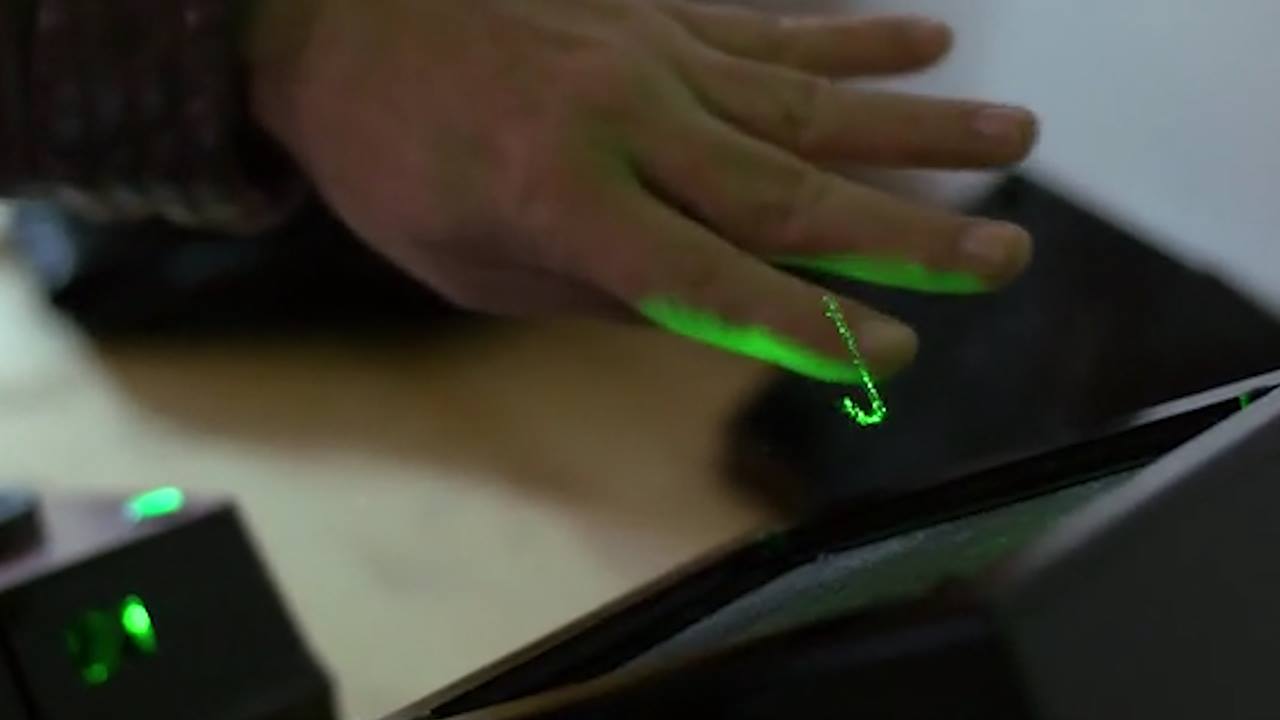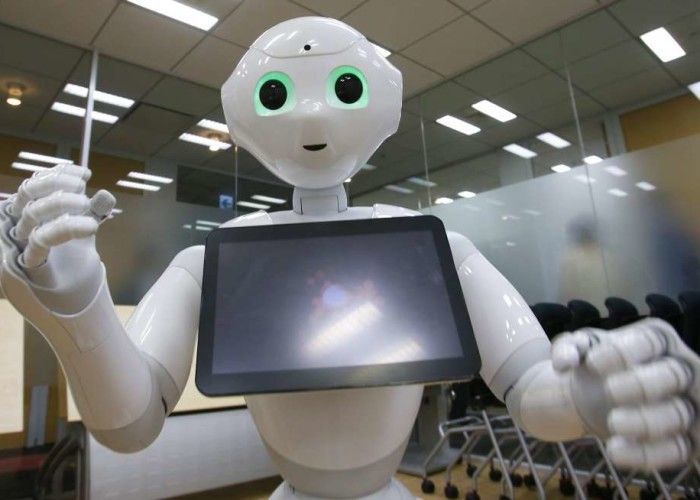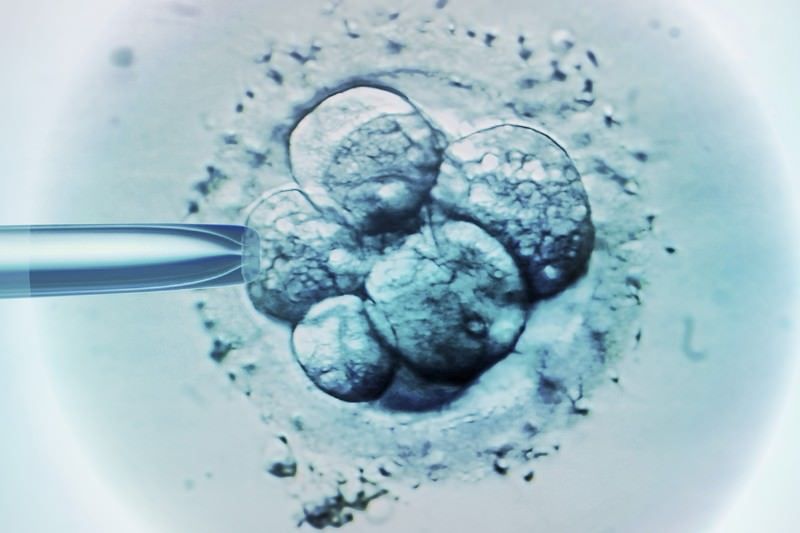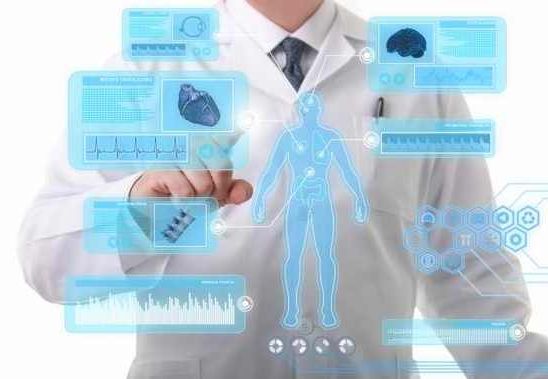Page 11531
Jan 13, 2016
Half of plastic trash in oceans comes from 5 countries
Posted by Jeremy Lichtman in categories: economics, health, materials
If true, this might mean there’s a “low hanging fruit” solution to ocean gyre garbage — a targeted effort to improve garbage collection in a small number of cities in developing nations, might dramatically reduce it. Hint, hint, Bill & Melinda Gates Foundation! Side benefit would be greatly improving the lives of people in those cities, with some obvious health benefits along the way.
Economic growth in these countries is outpacing infrastructure, and their trash is collecting in the sea.

Solution to save lives in a plane crash.
This interesting concept could save thousands of lives from plane crashes.
Jan 13, 2016
This 3D display on Kickstarter is straight out of Star Wars
Posted by Shailesh Prasad in category: futurism
Jan 13, 2016
Artificial intelligence: Who’s regulating the robots?
Posted by Karen Hurst in categories: cybercrime/malcode, quantum physics, robotics/AI
Run away AI & Robots in particular do not worry me at this point. When we have Quantum based AI and Robots meaning they can fully operate themselves; that’s when we have to truly consider our real risks and ensure we have proper safe gaurds. The bigger issue with current AI and Robots that are not developed on a Quantum platform or technology is hacking. Hacking by others is the immediate threat for AI & Robots.
The scientists below will all be bringing their perspectives to our meeting of leaders from every sector in Davos next week.
Neil Alford, materials scientist working on the creation of a room-temperature maser – the laser’s older sister, capable of amplifying microwaves rather than light for use in chemical detection or diagnostics.
Abir Al-Tabbaa, engineer investigating the potential of self-healing concrete for low-carbon infrastructure.
Jan 13, 2016
Why UK researchers hope to try gene-editing on human embryos
Posted by Karen Hurst in category: genetics
With a decision imminent on permitting UK gene-editing research using human embryos, New Scientist explains the potential pay-off and limitations of the work.
Jan 13, 2016
Watch Scientists Make These Microbots Move With A Magnetic Force Field
Posted by Karen Hurst in categories: biotech/medical, nanotechnology, robotics/AI
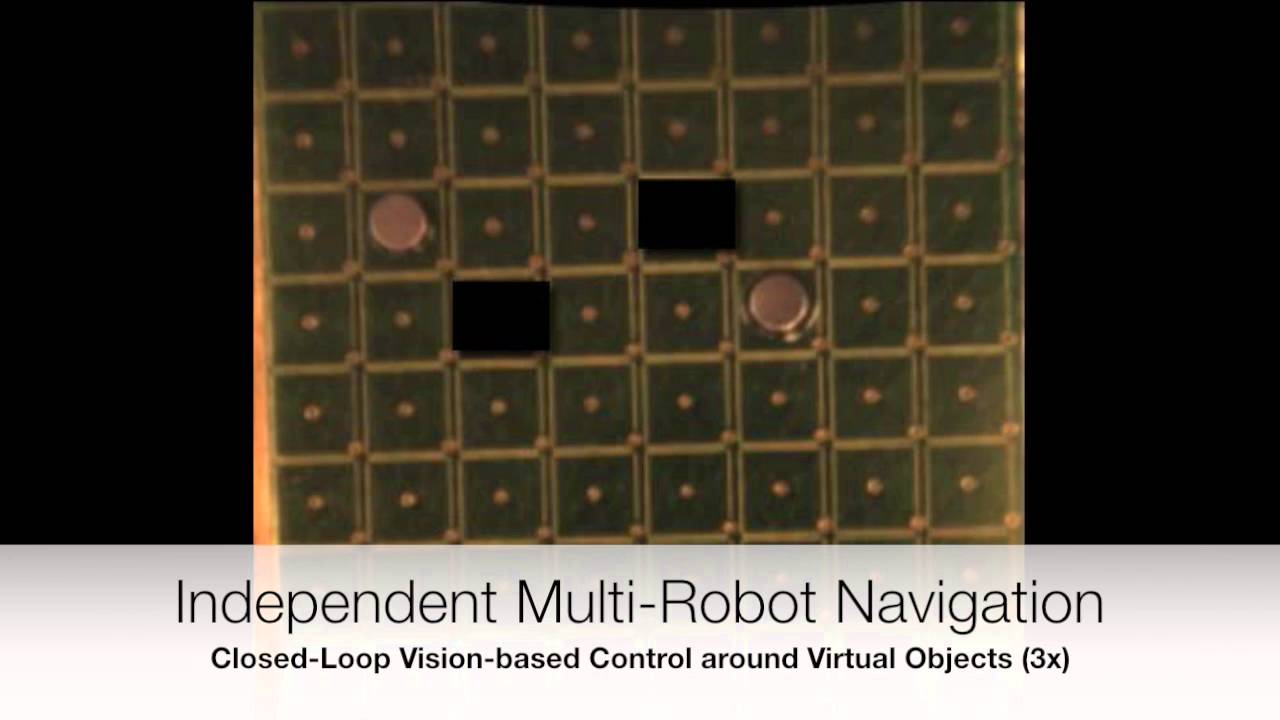
Interesting and could change as well as acellerate our efforts around bot technology and humans as well as other areas of robotic technology.
Like Jedi Knights, researchers at Purdue University are using the force — force fields, that is. (Photo : Windell Oskay | Flickr)
Continue reading “Watch Scientists Make These Microbots Move With A Magnetic Force Field” »
Jan 13, 2016
7 Mind-Blowing Digital Health Tools That Could Disrupt Health Care in 2016
Posted by Karen Hurst in categories: biotech/medical, computing, cyborgs, electronics, existential risks, health, wearables
Wow!!! Chewing gum wearable technology, Cyborg Chips, Ingestible sensors to let doctors know if you’re taking your meds, etc. 2016 is going to be interesting
The phrase “Brave New World” has become one of the most often used clichés in medical technology in recent years. Google the title of Aldous Huxley’s 1932 dystopian, and anticipatory, novel with the word medicine and 2,940,000 results appear.
But could there be better shorthand to describe some of the recent developments in medical, health and bio-tech? Consider these possibilities coming to fruition, or close to, in 2016:
Continue reading “7 Mind-Blowing Digital Health Tools That Could Disrupt Health Care in 2016” »



